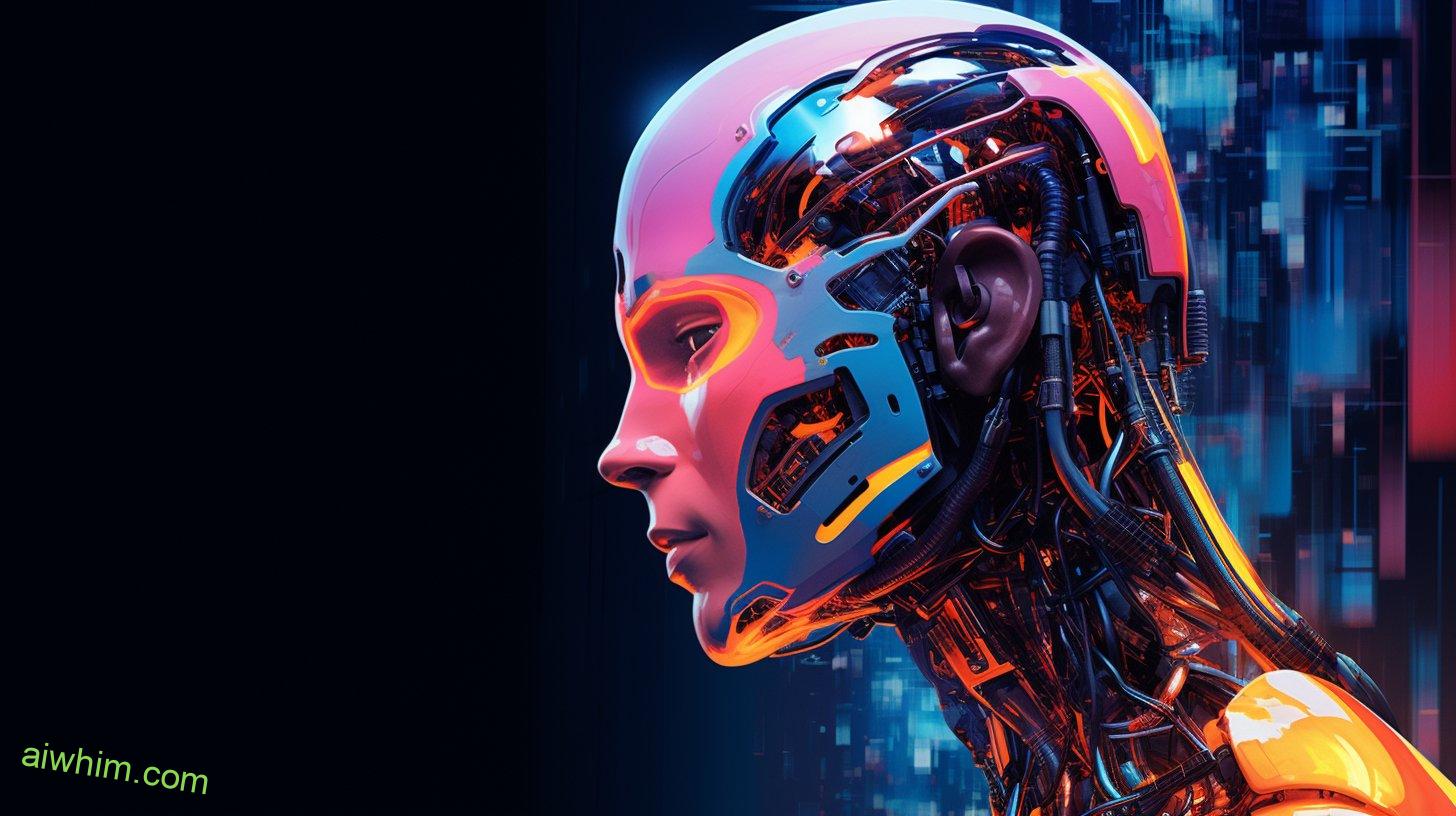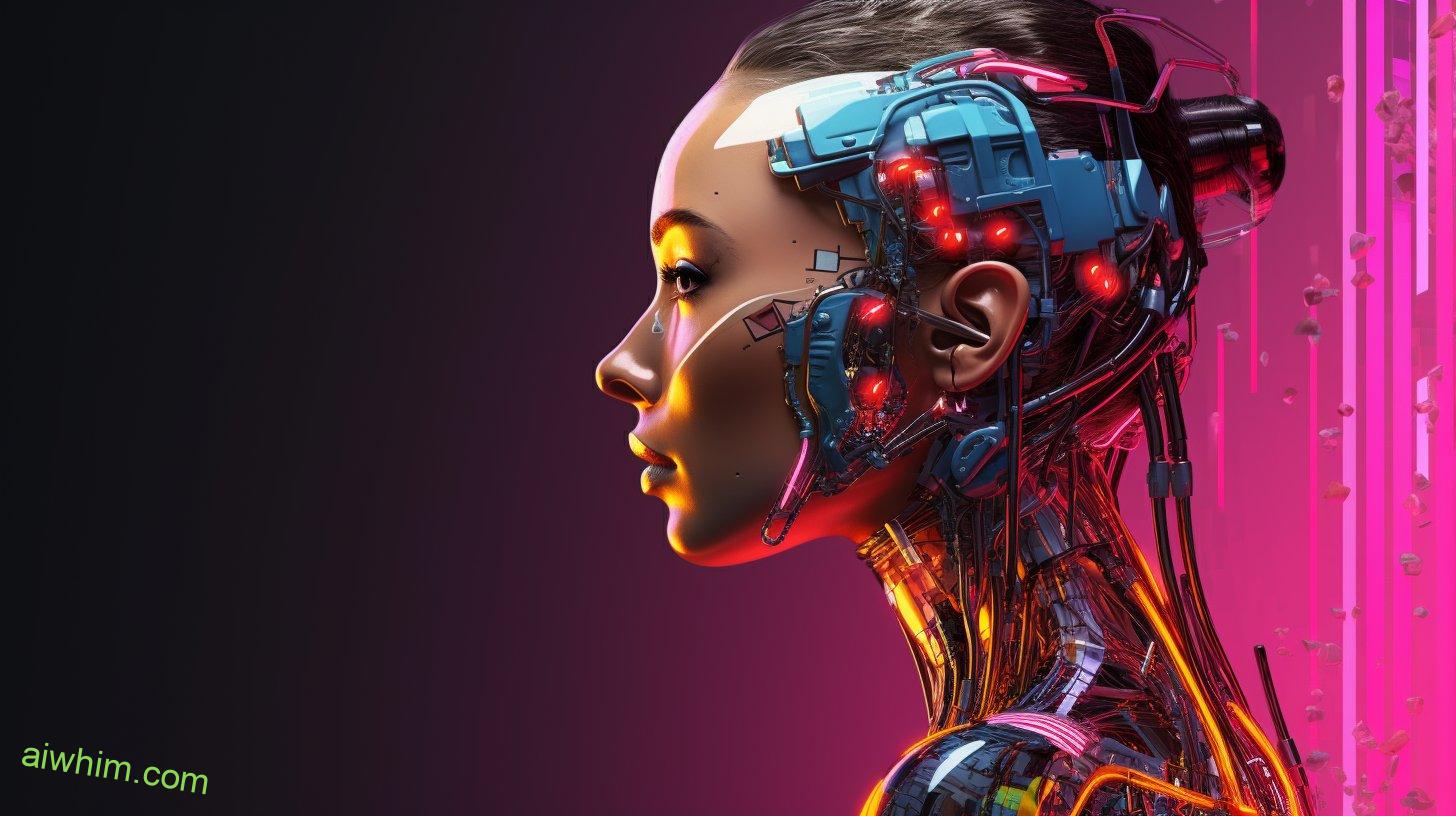Are your surgeon jobs at risk of AI replacement? With the rapid advancements in surgical AI technology, it’s natural to wonder about the future of this profession. Will machines take over the operating room, leaving you without a job?
In this article, we’ll dive into the rise of AI in surgery, explore its impact on procedures and training, discuss its advantages and limitations, and examine how surgeons can collaborate with AI.
Don’t let fear hold you back – embrace the possibilities that come with this technological revolution!
Key Takeaways
- AI technology in surgery is not meant to replace surgeons but to enhance their precision and accuracy during procedures.
- AI-powered surgical training, including simulation and virtual reality, allows surgeons to practice complex procedures and learn from mistakes in a safe environment.
- Surgical AI improves diagnostic capabilities, provides real-time guidance during surgeries, and enhances decision-making processes for better patient outcomes.
- However, surgical procedures still require human expertise and decision-making abilities, and ethical concerns regarding patient privacy and data security arise with the use of surgical AI.
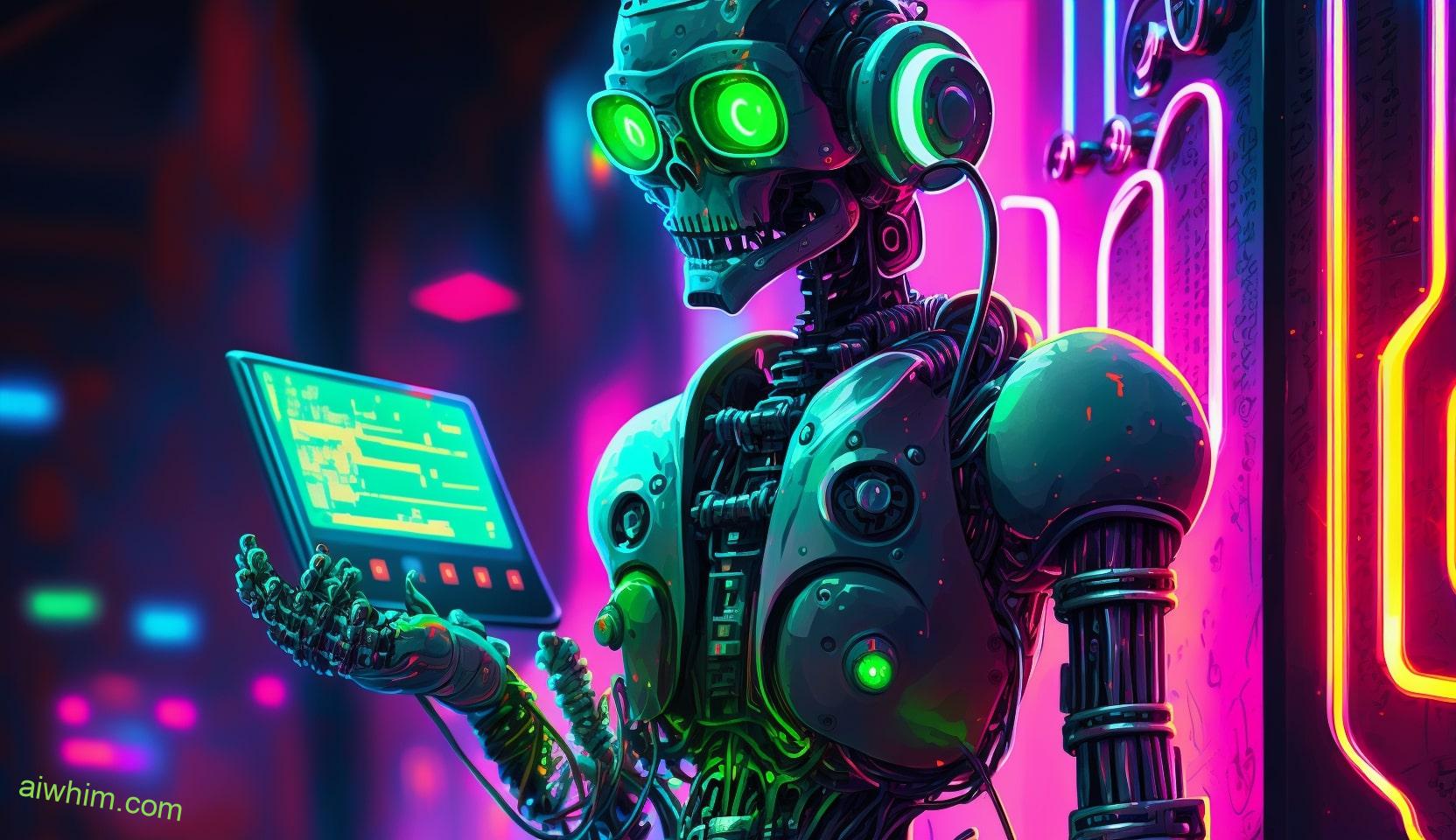
The Rise of Surgical AI Technology
You might be wondering how surgical AI technology is impacting the field of surgery. Well, let me tell you, it’s revolutionizing the way surgeries are performed and improving patient outcomes.
With the introduction of AI in surgical robotics, surgeons now have access to a whole new set of tools and capabilities that were previously unimaginable.
One of the key ways AI is making an impact in surgery is by enhancing precision. Surgical robots equipped with AI algorithms can analyze vast amounts of data in real-time, allowing for more accurate and precise movements during procedures. This means fewer errors and better outcomes for patients. Whether it’s assisting with complex procedures or performing delicate tasks, these intelligent robots are proving to be invaluable assets in the operating room.
Another significant benefit of surgical AI technology is its ability to assist surgeons in decision-making processes. By analyzing medical records, scans, and other relevant data, AI systems can provide valuable insights and recommendations to aid surgeons during critical moments. This not only saves time but also helps reduce human error and ensures optimal treatment plans for patients.
Moreover, surgical AI technology has the potential to increase efficiency in healthcare systems as a whole. With automated processes and streamlined workflows, surgeons can focus more on patient care instead of administrative tasks. This results in shorter waiting times for surgeries and improved overall patient satisfaction.

AI and the Future of Surgical Procedures
With the advancement of AI, there’s a growing concern about how it will impact the future of surgical procedures. You might be wondering if AI will replace surgeons altogether, but don’t worry just yet. While AI technology is making its way into various aspects of healthcare, including telemedicine and virtual reality surgical training, it is not meant to take over the role of a surgeon.
AI in telemedicine is revolutionizing the way doctors and patients interact. Through AI-powered chatbots and virtual assistants, you can now have access to medical advice and diagnosis from the comfort of your own home. This technology allows for quicker response times and more efficient healthcare delivery. However, when it comes to surgical procedures, AI serves as a valuable tool rather than a replacement for human expertise.
Virtual reality is another area where AI is being utilized to enhance surgical training. Surgeons can now practice complex procedures in a simulated environment that closely mimics real-life scenarios. This allows them to gain experience and refine their skills without putting actual patients at risk. Again, AI complements surgical training rather than replacing it entirely.
The future of surgical procedures lies in collaboration between humans and AI technology. Surgeons will continue to rely on their expertise and judgment while utilizing AI tools to improve patient outcomes. So rest assured that while AI is making its mark in healthcare, your freedom as a patient remains intact with skilled surgeons leading the way in providing safe and effective treatments for years to come.

How AI Is Transforming Surgical Training
AI is revolutionizing surgical training by providing surgeons like you with simulated environments to practice complex procedures. Thanks to advancements in technology, surgical simulation and virtual reality training are now possible, allowing you to enhance your skills and knowledge without risking the lives of real patients.
Imagine being able to step into a virtual operating room, where you can perform surgeries on realistic models and experience the same challenges and complexities as in real life. With surgical simulation, you have the freedom to make mistakes and learn from them without any consequences. This immersive training environment allows you to refine your techniques, improve your decision-making skills, and gain confidence before ever setting foot in an actual operating room.
Virtual reality training takes this experience one step further by placing you directly inside the surgical procedure. You can visualize anatomical structures in 3D, manipulate instruments with precision, and even collaborate with other surgeons who are also undergoing virtual training. The level of realism provided by AI-powered simulations is truly remarkable, giving you a sense of presence that traditional methods simply cannot match.
By embracing AI-driven surgical training, you have the opportunity to continuously develop your expertise throughout your career. Whether it’s practicing rare procedures or honing your skills in high-stress situations, these simulations offer a safe space for exploration and growth. As technology continues to advance, so does the potential for AI-based tools to further revolutionize surgical education.
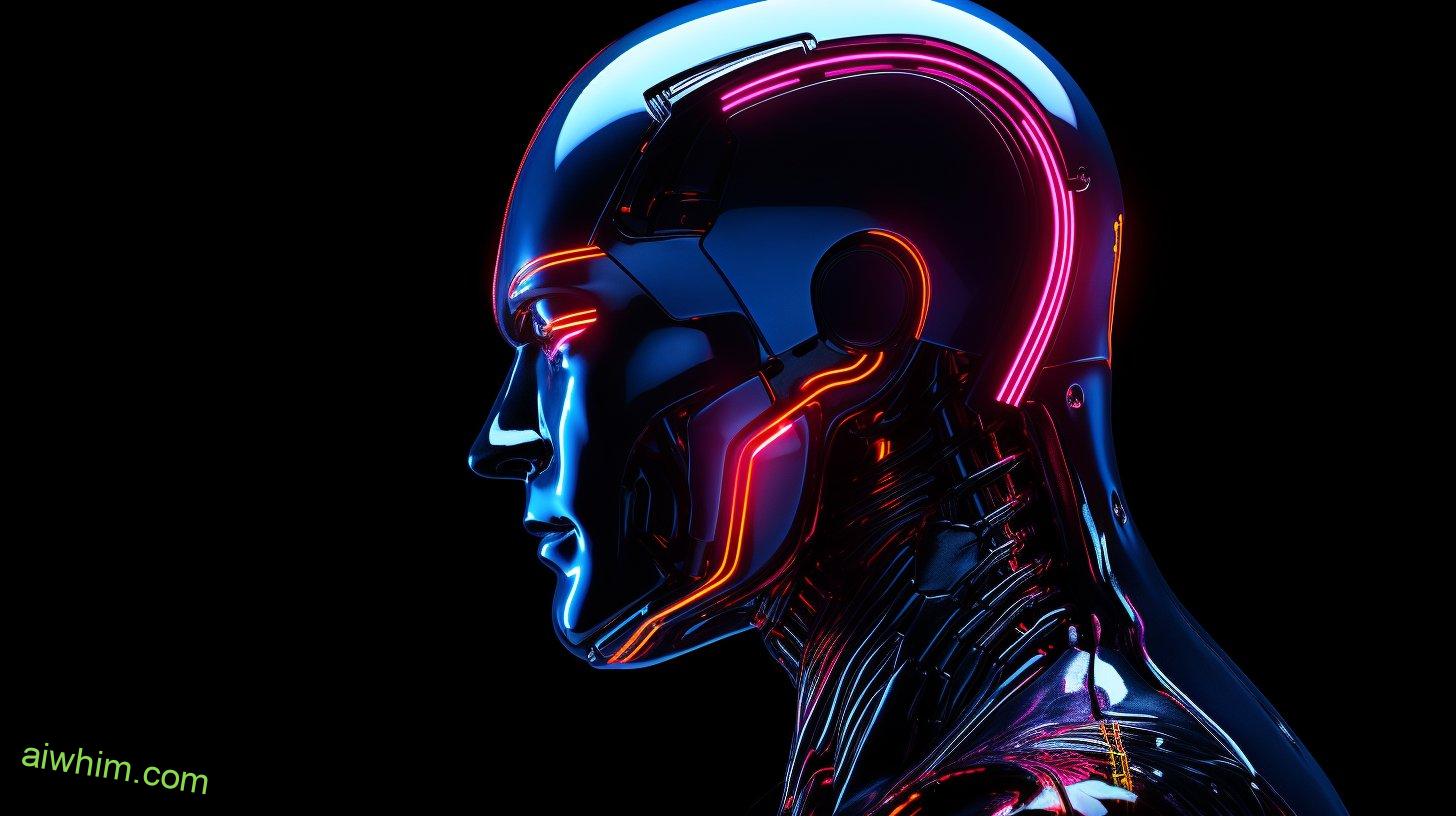
The Advantages and Limitations of Surgical AI
One of the advantages of surgical AI is its ability to assist in complex procedures, improving accuracy and precision. With AI technology, surgeons have access to real-time data and analysis that can guide their decisions during surgery. This means that they can make more informed choices, leading to better outcomes for patients.
Additionally, AI can help with pre-operative planning by analyzing medical images and identifying potential areas of concern or risk. This allows surgeons to develop a detailed surgical plan that takes into account individual patient characteristics.
However, it’s important to note that there are limitations to surgical AI as well. While AI can provide valuable assistance, it is not meant to replace human surgeons entirely. Surgical procedures often require the expertise and decision-making abilities that only human professionals possess. AI may be able to analyze data and make recommendations, but ultimately it is up to the surgeon to interpret and act upon this information.
Furthermore, the use of surgical AI raises ethical concerns regarding patient privacy and data security. As AI relies on extensive patient data for training and analysis, there is a need for strict regulations to ensure confidentiality and protect patient information from misuse.

AI-assisted Surgical Decision Making
The use of AI in surgical decision making can greatly enhance the accuracy and precision of procedures. Here’s how it does so:
- Improved diagnostic capabilities: AI algorithms can analyze medical images, such as X-rays or MRIs, with incredible speed and accuracy. This helps identify abnormalities that may go unnoticed by human eyes, leading to earlier detection and more effective treatments.
- Real-time guidance: During surgeries, AI can provide real-time feedback to surgeons, alerting them to potential risks or errors. This assists in making critical decisions on-the-spot, minimizing complications and improving patient outcomes.
- Assistance in complex procedures: AI-assisted surgical training allows surgeons to practice complex procedures in a simulated environment before performing them on patients. This enables them to gain valuable experience and refine their techniques, ultimately leading to better results.
- Data-driven insights: By analyzing vast amounts of patient data, AI algorithms can identify patterns and trends that aid in personalized treatment plans. This ensures that each patient receives the most appropriate care based on their unique characteristics.
While the benefits of AI in surgery are undeniable, there are also ethical concerns that need to be addressed:
- Privacy: The use of AI requires access to large amounts of patient data. Ensuring proper privacy protections is crucial to maintain trust between patients and healthcare providers.
- Bias: If not properly trained and validated, AI algorithms may exhibit bias towards certain demographics or populations. It is essential to address these biases to ensure fair and equitable treatment for all patients.
- Accountability: In cases where an error occurs due to an AI algorithm’s recommendation, determining liability becomes complex. Clear guidelines must be established regarding accountability for decisions made with the assistance of AI systems.
- Human oversight: While AI can greatly enhance surgical decision making, it should always be used as a tool alongside human expertise rather than replacing it entirely. Human judgment remains vital in interpreting data and making critical decisions.

The Role of Robotics in Surgery
Robotic assistance in surgery has revolutionized the field by allowing for more precise and minimally invasive procedures. With the advancements in technology, surgeons now have access to robotic systems that can assist them during complex surgeries. These robotic assistants are designed to enhance a surgeon’s skills and provide greater accuracy in performing delicate procedures.
Automation in surgery has paved the way for improved patient outcomes and reduced recovery times. Robotic assistance allows surgeons to make smaller incisions, resulting in less trauma to surrounding tissues. This means faster healing, reduced pain, and shorter hospital stays for patients. The precision of these robotic systems also reduces the risk of complications during surgery, giving both patients and surgeons peace of mind.
Imagine a future where surgeries are performed with utmost precision, guided by intelligent machines working alongside human surgeons. Robotic assistance brings us one step closer to that reality. These advanced systems are equipped with powerful sensors and algorithms that enable them to analyze data in real-time and provide valuable insights to the surgical team.
While some may worry about the potential impact of automation on job security for surgeons, it is important to remember that these robotic assistants do not replace human expertise but rather complement it. Surgeons remain at the forefront of decision-making throughout the procedure while utilizing the capabilities of these technologies.

Addressing Concerns: Patient Safety and AI Surgeons
Imagine how patient safety can be enhanced with the integration of AI technology in surgery, allowing for more accurate diagnoses and personalized treatment plans. AI surgeons have the potential to revolutionize the field of medicine, addressing concerns about patient safety while providing greater freedom and options for patients.
Here are four ways in which AI surgeons can contribute to improving patient safety:
- Enhanced Precision: AI technology can analyze vast amounts of medical data and provide surgeons with real-time insights during surgeries. This precision allows for more accurate procedures, reducing the risk of human error and minimizing complications.
- Personalized Treatment Plans: By incorporating AI algorithms, surgeons can create personalized treatment plans based on each patient’s unique needs and medical history. This individualized approach ensures that patients receive optimal care tailored specifically to them, ultimately enhancing their safety and well-being.
- Predictive Analytics: AI-powered tools can analyze patterns from previous surgical cases and predict possible complications or adverse events. Surgeons can then take proactive measures to prevent these issues from occurring, further improving patient safety.
- Continuous Monitoring: With AI technology, patients undergoing surgeries can be continuously monitored throughout the entire procedure. Real-time feedback and analysis help detect any deviations or abnormalities promptly, ensuring immediate intervention if necessary.

AI Vs. Human Surgeons: a Competitive Landscape
In the competitive landscape of surgery, AI and human surgeons coexist, each bringing their unique strengths to the table.
Surgical robots have revolutionized the field, allowing for more precise and minimally invasive procedures. These robots, guided by the expertise of human surgeons, offer improved accuracy and reduced recovery times. With their ability to access hard-to-reach areas with precision, surgical robots have become invaluable tools in complex surgeries.
AI-powered diagnostics are another area where technology is making a significant impact. By analyzing vast amounts of patient data and medical literature, AI systems can assist in diagnosing diseases and predicting outcomes. This helps doctors make more informed decisions about treatment options, ultimately improving patient care.
While these advancements may trigger concerns about job security among human surgeons, it’s important to remember that AI is not here to replace them but rather enhance their skills. Human surgeons possess qualities like empathy and intuition that cannot be replicated by machines. They bring years of training and experience to the operating room, making critical decisions based on a combination of scientific knowledge and gut instinct.
AI technologies are powerful tools that augment human capabilities in surgery rather than replace them entirely. By working alongside surgical robots or utilizing AI-powered diagnostics, human surgeons can provide better outcomes for patients while also benefiting from increased efficiency and accuracy.

The Ethical Implications of AI in Surgery
While AI technologies have the potential to improve surgical outcomes, there are ethical considerations that need to be addressed. Here’s what you need to know:
- Informed Consent: One of the key ethical considerations is ensuring that patients fully understand and give their informed consent for procedures involving AI technologies. Patients should be provided with comprehensive information about the risks, benefits, limitations, and alternatives of using AI in surgery.
- Algorithm Bias: Machine learning algorithms used in AI systems can sometimes exhibit bias due to biased training data or programming. This raises concerns about fairness and equity in patient care. It is crucial to regularly evaluate and address any biases present in the algorithms used, ensuring that they do not disproportionately impact certain populations.
- Data Privacy and Security: The use of AI involves collecting and analyzing vast amounts of patient data. Protecting patient privacy and maintaining the security of this sensitive information is paramount. Robust measures must be in place to safeguard patient data from unauthorized access or breaches.
- Human Oversight: Despite advancements in AI technology, human oversight remains essential in surgical procedures. Surgeons must retain ultimate responsibility for decision-making during surgeries involving AI systems. It is crucial to strike a balance between leveraging AI’s capabilities while maintaining human control over critical aspects of patient care.
Addressing these ethical considerations will help protect patient autonomy – their right to make informed decisions about their healthcare – while harnessing the potential benefits offered by AI technologies in surgery.
As we embrace technological advancements, it is crucial to ensure that our values and ethics guide their implementation to create a future where both patients’ well-being and freedom are upheld.

AI as a Tool for Precision Medicine in Surgery
To leverage the potential benefits of AI in surgery, you can utilize it as a tool for precision medicine, tailoring treatments to individual patients based on their unique characteristics. AI and personalized medicine go hand in hand, revolutionizing the way surgeries are planned and executed. By incorporating AI into surgical planning, doctors can make more informed decisions and provide tailored treatments that maximize patient outcomes.
AI has the ability to analyze vast amounts of data quickly and efficiently. This means that it can process a patient’s medical history, genetic information, and other relevant factors to create personalized treatment plans. For example, AI algorithms can predict how a particular patient will respond to different medications or therapies based on their specific genetic makeup. This allows surgeons to choose the most effective approach for each individual case.
Furthermore, AI can assist surgeons during complex procedures by providing real-time guidance and feedback. For instance, image recognition algorithms can help identify critical structures within a patient’s body during surgery, reducing the risk of errors or complications. Additionally, robotic-assisted surgery powered by AI enables greater precision and control during delicate procedures.
Incorporating AI into surgical practice does not mean replacing human expertise; instead, it enhances it. Surgeons remain essential in making clinical decisions and performing intricate tasks that require human judgment and dexterity. The role of AI is to augment these capabilities by providing valuable insights and assistance throughout the surgical process.
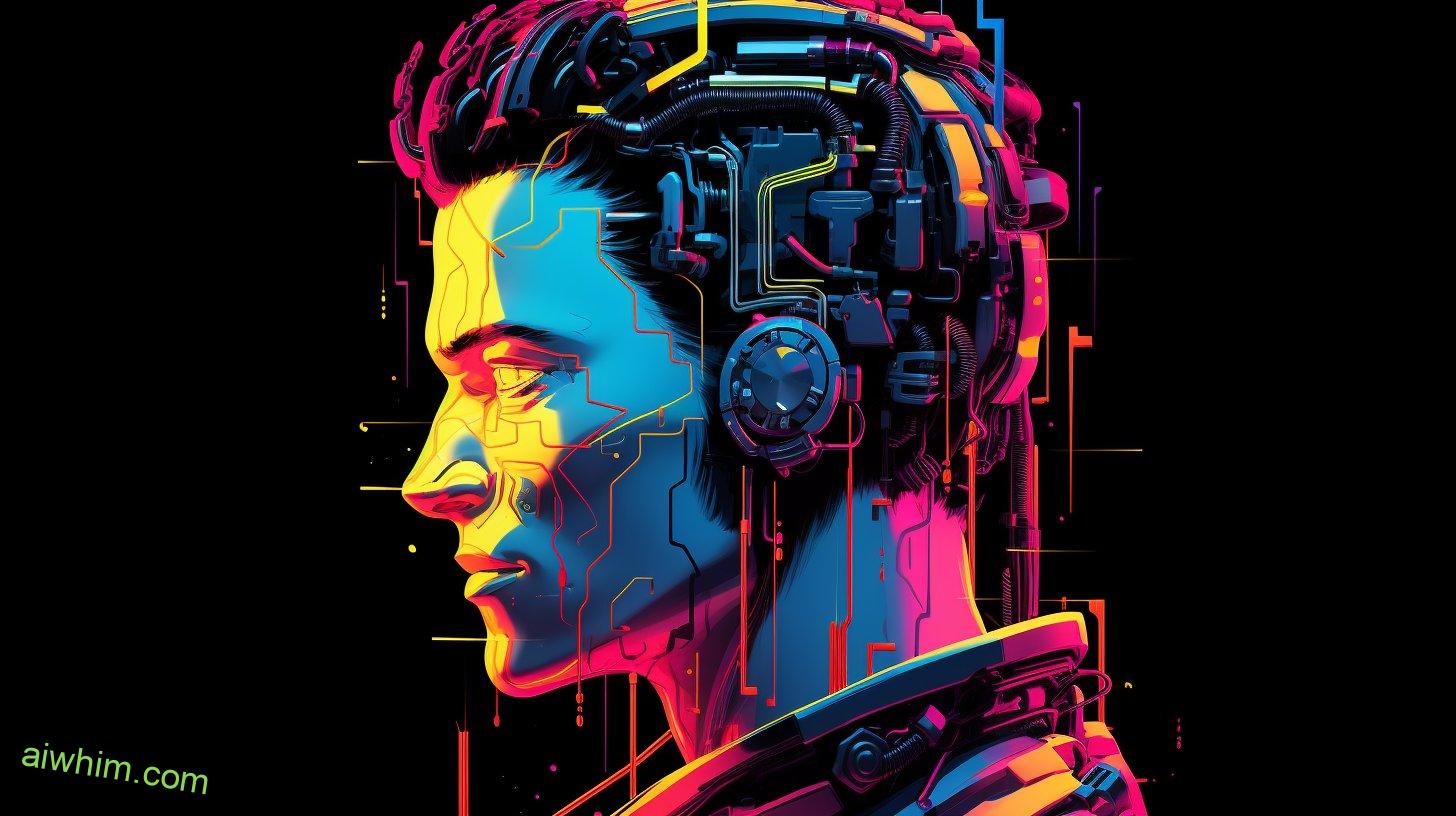
The Impact of AI on Surgical Outcomes and Recovery
AI’s impact on surgical outcomes and recovery is evident in the improved precision, reduced complications, and faster patient recovery times. Here’s how AI, specifically machine learning algorithms, is revolutionizing the field of surgery:
- Enhanced Precision: With AI, surgeons achieve unparalleled precision during complex procedures. Machine learning algorithms analyze large datasets to identify patterns and make predictions based on past surgeries. This allows surgeons to plan their approach more accurately and perform intricate tasks with greater accuracy.
- Reduced Complications: AI-powered systems assist surgeons in real-time decision-making during surgeries. These systems continuously monitor vital signs, analyze data from various sensors, and provide instant feedback to surgeons about potential complications or risks. By alerting surgeons about possible issues before they escalate, AI helps minimize complications and ensures safer surgeries.
- Faster Recovery Times: AI’s ability to process vast amounts of data quickly allows it to predict patient outcomes more accurately. Machine learning algorithms consider factors such as age, medical history, lifestyle habits, and genetic predispositions to develop personalized recovery plans for patients. These tailored plans optimize post-surgical care by recommending specific medications, exercises, or dietary changes that promote faster healing.
- Improved Patient Satisfaction: AI streamlines processes and reduces errors, leading to a smoother surgical experience for patients. It also enables healthcare providers to better manage resources such as operating room schedules and staff allocation efficiently. This leads to shorter wait times for surgeries and appointments while maintaining high-quality care standards.

AI in Surgical Imaging and Diagnosis
Using AI technology in surgical imaging and diagnosis can greatly enhance your ability as a healthcare professional to accurately detect and diagnose various conditions. AI in surgical robotics allows for more precise and controlled movements during procedures, reducing the risk of human error. With AI assisting you, you can have greater confidence in achieving optimal outcomes for your patients.
In addition to surgical robotics, AI also plays a crucial role in surgical decision making. By analyzing vast amounts of medical data, AI algorithms can provide valuable insights and recommendations to help guide your treatment plans. This not only saves time but also improves patient safety by minimizing the potential for misdiagnosis or inappropriate interventions.
Imagine being able to access a comprehensive library of images, scans, and medical records at your fingertips. AI-powered imaging systems can analyze these data sets swiftly and accurately, allowing you to make informed decisions about patient care. Whether it’s detecting early signs of cancer or identifying abnormalities that may require further investigation, AI’s ability to process complex information gives you an edge in diagnosing conditions with precision.
Furthermore, incorporating AI into surgical imaging and diagnosis has the potential to revolutionize healthcare delivery by increasing accessibility and affordability. As technology continues to advance, we can expect more sophisticated tools that are capable of providing real-time feedback during procedures or even remotely guiding less experienced surgeons through complex surgeries.
Embracing the power of AI in surgical imaging and diagnosis empowers you as a healthcare professional to provide better care for your patients. It enhances accuracy, efficiency, and ultimately improves patient outcomes. As we move forward into this new era of medicine, remember that while technology may evolve rapidly, it is your unique expertise combined with AI’s capabilities that will continue to shape the future of surgery.

The Changing Role of Surgeons in the Era of AI
Now that we’ve explored how AI is revolutionizing surgical imaging and diagnosis, let’s delve into the changing role of surgeons in this era of AI.
As technology continues to advance, the traditional responsibilities of surgeons are evolving to incorporate the use of artificial intelligence. However, integrating AI into surgery poses certain challenges that need to be addressed.
Here are four key aspects to consider regarding the evolving role of surgeons and the challenges of AI integration in surgery:
- Collaboration: Surgeons now have an opportunity to work hand-in-hand with AI systems, utilizing their expertise alongside advanced algorithms. This collaboration allows for improved surgical planning and execution, leading to better patient outcomes.
- Decision-making support: Rather than replacing surgeons, AI can serve as a valuable tool by providing real-time data analysis and decision-making support during complex procedures. Surgeons can leverage this information to make more informed choices and adapt their techniques accordingly.
- Continuous learning: With the rapid advancements in medical knowledge and technology, it is crucial for surgeons to embrace lifelong learning. By staying updated on AI developments, surgeons can effectively integrate new tools into their practice and deliver cutting-edge care.
- Ethical considerations: The integration of AI in surgery raises ethical questions surrounding patient privacy, consent, and liability. It is essential for surgeons and policymakers to address these concerns proactively while ensuring that patients’ rights and well-being are protected.
As we navigate through this transformative period in healthcare, it is crucial for both surgeons and society at large to embrace the potential benefits offered by AI while addressing its challenges responsibly.
Through thoughtful integration, we can ensure that the evolving role of surgeons becomes a harmonious partnership between human expertise and technological advancements.
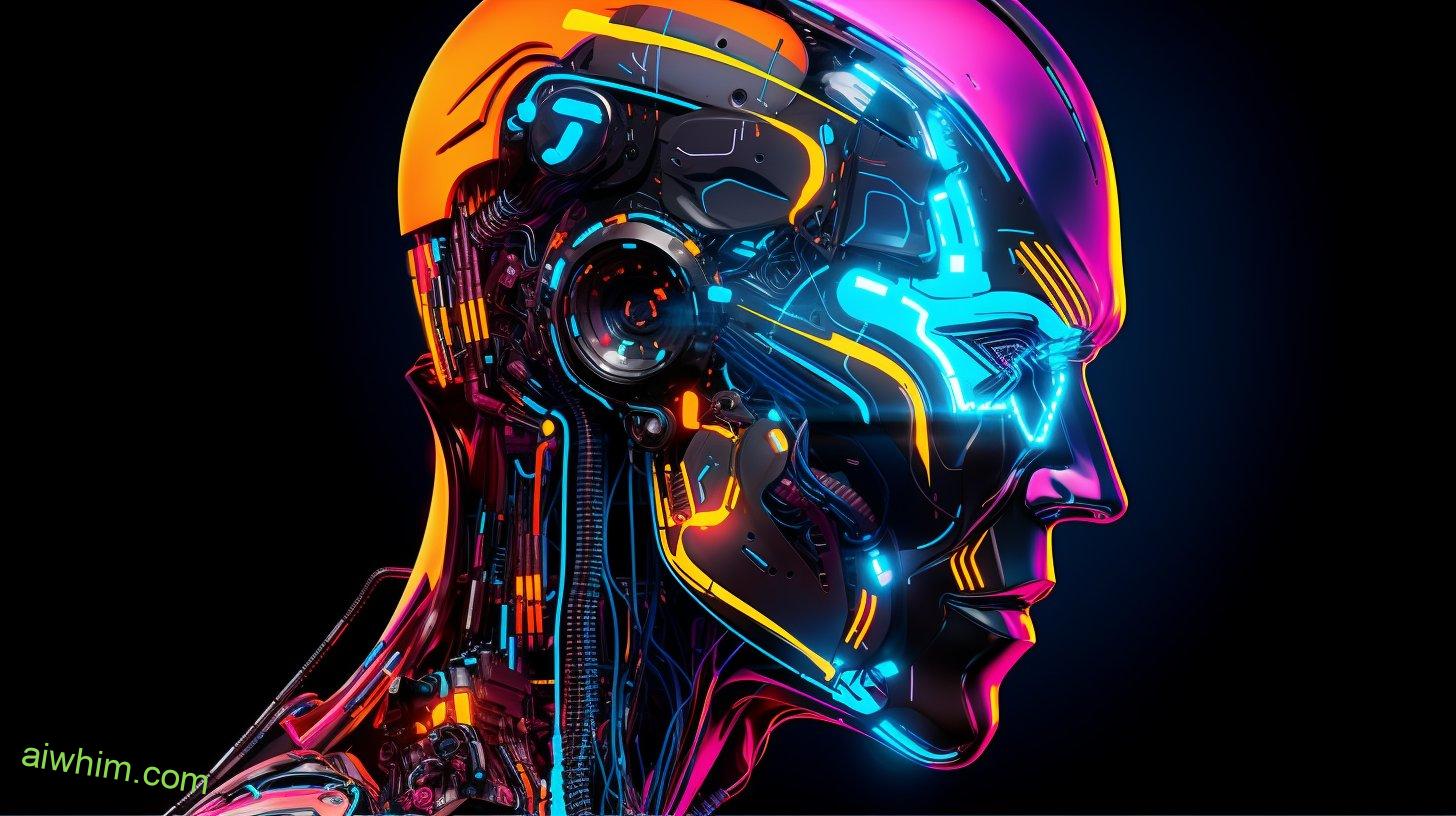
AI Integration in Surgical Workflows
When it comes to integrating artificial intelligence into surgical workflows, you’ll discover that there are various ways in which this technology can enhance efficiency and improve patient outcomes. AI-assisted surgical automation is revolutionizing the field of medicine, offering a new level of precision and accuracy. From preoperative planning to intraoperative guidance, AI is transforming the way surgeries are performed.
One significant area where AI is making an impact is in the integration of AI in surgical planning. With advanced algorithms and machine learning capabilities, AI can analyze vast amounts of patient data, including medical records, imaging scans, and genetic information. This allows surgeons to develop personalized treatment plans tailored to each patient’s unique needs.
AI can assist surgeons by providing real-time feedback during surgery, helping them make more informed decisions. For example, AI algorithms can analyze live video feeds from surgical cameras and highlight areas that require attention or provide guidance on optimal instrument placement.
Furthermore, AI can automate repetitive tasks such as image analysis or documentation, freeing up valuable time for surgeons to focus on critical aspects of the procedure. This not only improves efficiency but also reduces human error.
Integrating AI into surgical workflows offers numerous benefits for both patients and healthcare providers. It enables faster diagnosis and treatment planning while minimizing complications and improving overall outcomes. By harnessing the power of AI-assisted surgical automation and incorporating it into daily practice, surgeons have a powerful tool at their disposal that enhances their skills rather than replacing them.
The future of surgery lies in collaboration between humans and machines – together they create a synergy that maximizes patient care while preserving surgeon autonomy.
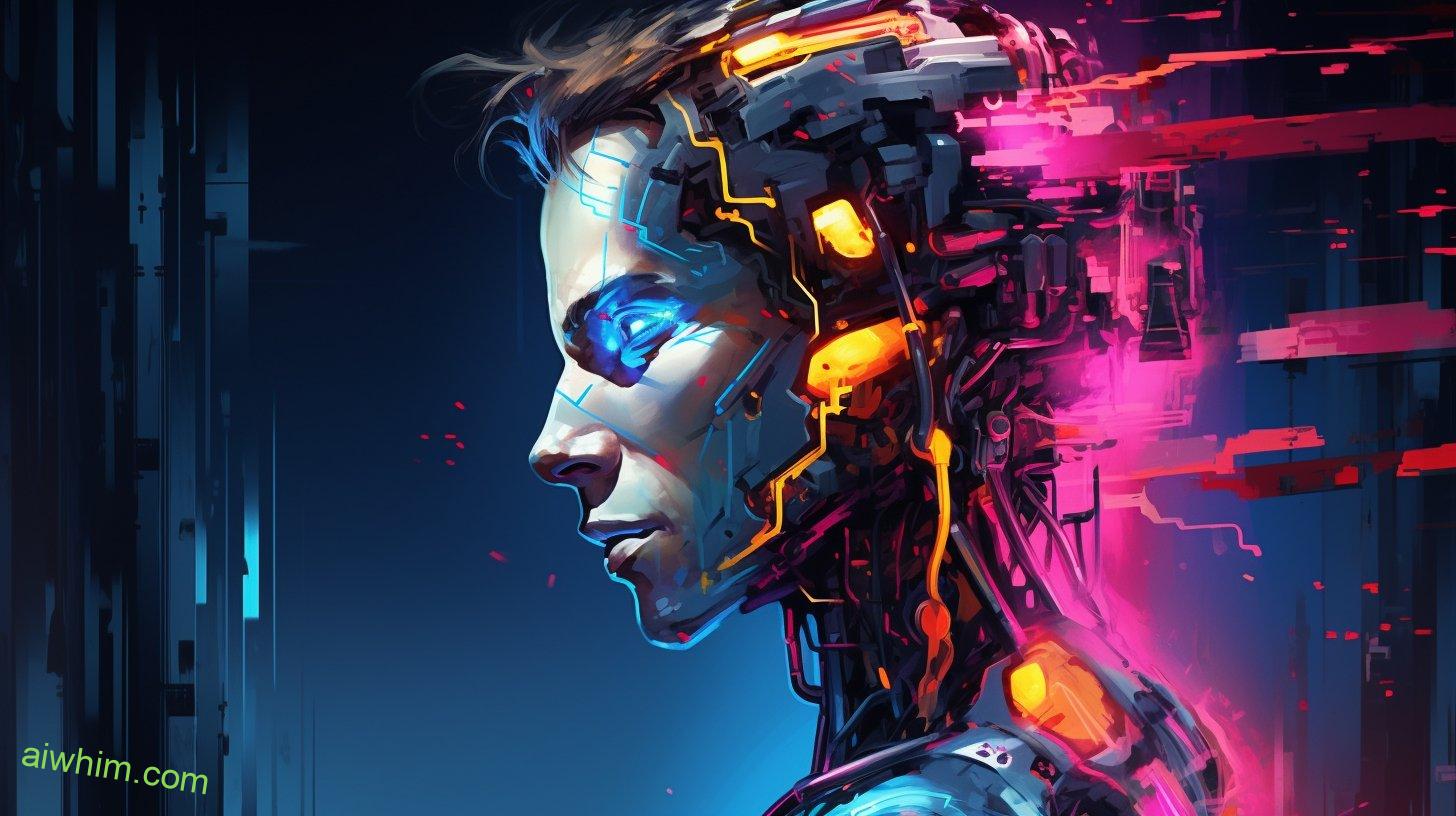
The Future of Surgeon Jobs: Collaboration With AI
By collaborating with AI, you can enhance your skills as a surgeon and improve patient outcomes in the future. The integration of AI technology into surgical workflows presents exciting collaboration opportunities that can revolutionize the field of surgery. Here are four future implications of this collaboration:
- Precision-guided surgeries: With AI assistance, surgeons can benefit from real-time data analysis and imaging techniques that provide accurate insights during procedures. This precision guidance allows for more precise incisions and reduced risks of complications.
- Enhanced diagnostics: AI algorithms have the potential to analyze vast amounts of medical data quickly and accurately, aiding in early detection and diagnosis of diseases. By working hand in hand with AI, surgeons can access comprehensive patient information and make well-informed decisions during pre-operative planning.
- Virtual training simulations: Collaborating with AI-powered virtual reality (VR) platforms enables surgeons to practice complex procedures repeatedly without risk to patients’ lives. These simulations offer a safe environment for skill development and can accelerate learning curves.
- Personalized treatment plans: By leveraging machine learning algorithms, surgeons can develop personalized treatment plans tailored to each patient’s unique needs and conditions. This individualized approach can result in improved outcomes by considering factors such as genetics, lifestyle, and medical history.
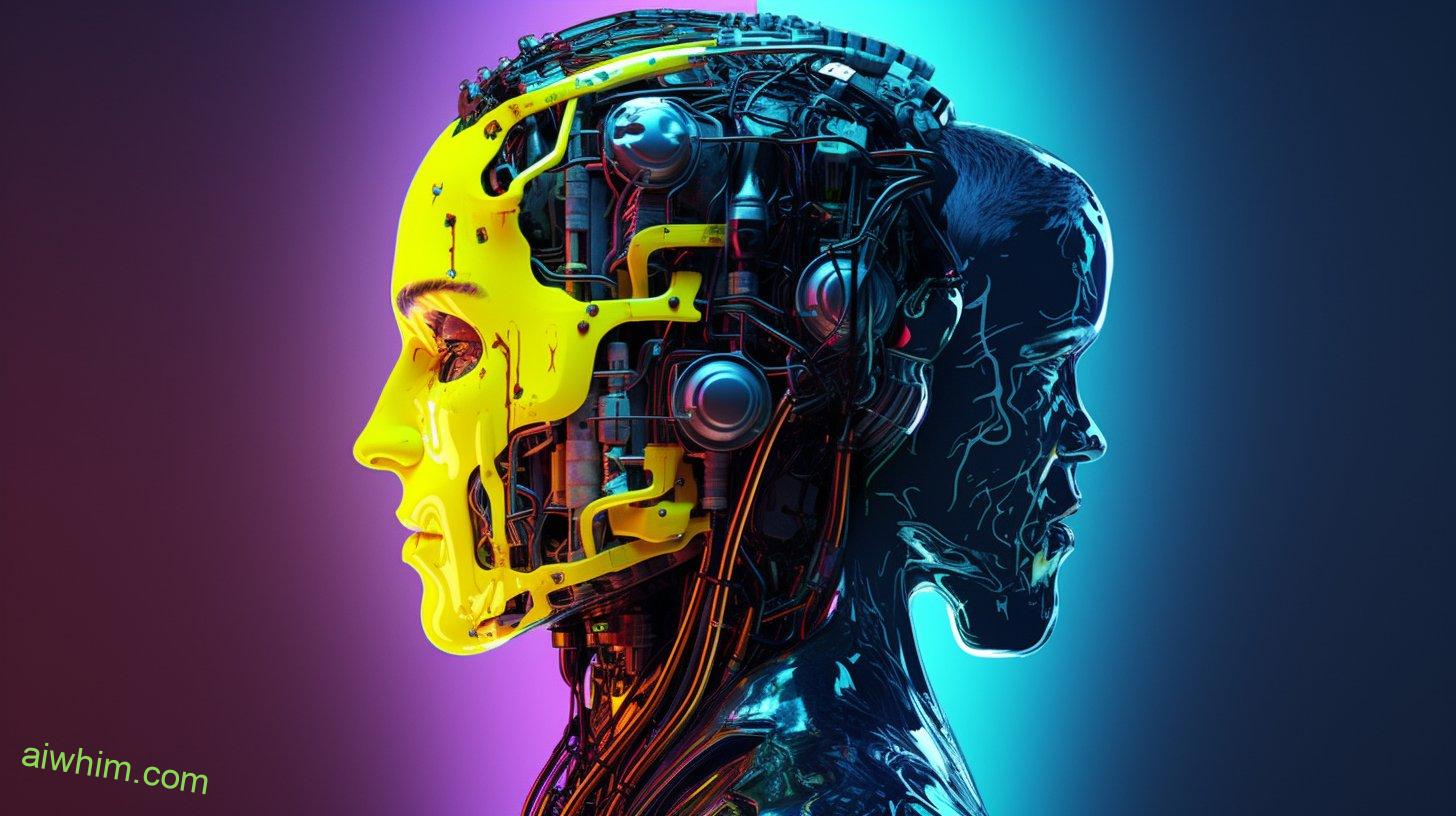
Frequently Asked Questions
How Does AI Technology Assist in Surgical Training?
AI technology assists in surgical training by providing simulation and virtual reality training. These tools allow you to practice surgical procedures in a safe and controlled environment, enhancing your skills and knowledge without the risk of harming real patients.
What Are the Advantages and Limitations of Using Surgical AI?
Using surgical AI has advantages, such as increased precision and efficiency. However, limitations include the need for human oversight and potential for errors. Surgeon jobs may benefit from AI, but not necessarily be at risk of replacement.
How Does AI-Assisted Surgical Decision Making Work?
AI-assisted surgical decision making involves using advanced algorithms to analyze medical data and assist surgeons in making informed decisions during procedures. Surgeons still play a crucial role as they receive specialized training to work alongside AI technology.
What Role Do Robotics Play in Surgery With the Integration of AI?
Robotics in surgical procedures have revolutionized the field. With AI integration, robotic-assisted surgery is becoming more precise and efficient. Surgeons remain vital in guiding these technologies, ensuring patient safety and personalized care.
How Does AI Impact Surgical Outcomes and Recovery?
AI can significantly impact surgical outcomes and recovery. It enhances patient satisfaction by improving precision and reducing complications. Additionally, AI integration reduces surgical costs through streamlined processes and optimized resource allocation.

Conclusion
In conclusion, the future of surgeon jobs in the era of AI is not at risk, but rather on the brink of a remarkable transformation. While AI technology may revolutionize surgical procedures and training, it will never fully replace the expertise and skill of human surgeons.
With the integration of AI in surgical workflows, surgeons will collaborate with these advanced technologies to deliver even more precise and efficient patient care.
So rest assured, your surgeon’s role in saving lives is here to stay!



